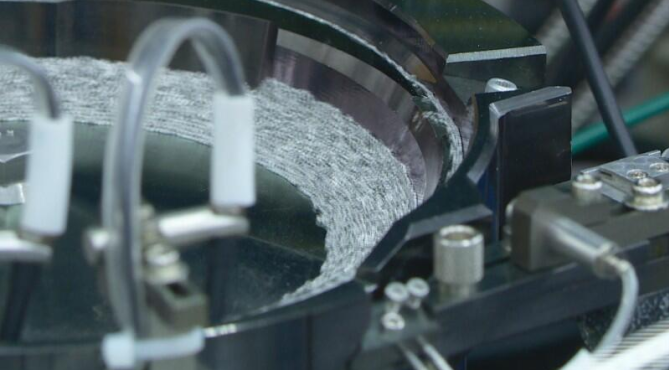September 04, 2021
2413
On September 2, the passive component manufacturer Kaimei issued an announcement saying that its Malaysian subsidiary will be suspended from the evening shift of September 2 to September 8 due to 24 employees diagnosed with the new crown. According to local regulations, it is expected to affect the resistance list. Monthly output is reduced by 20%.
It is understood that the Malaysian plant accounts for about 60% of the production capacity of Kaimei resistors. Kaimei said that it will conduct disinfection of the whole plant and test all employees for the new crown virus, and submit applications for early resumption of work based on the test results, and continue to optimize the production of the mainland China plant. To reduce the impact on customers.
Since the outbreak of a new wave of new crown pneumonia in Malaysia, the number of confirmed cases has remained high. The Kamay Malaysia resistor plant also suspended work in July in accordance with the epidemic prevention policy in the industrial zone. After the resumption of work, it maintained 60% of the manpower operation and production. This time it is because The internal staff confirmed that the factory was shut down.

Recently, the passive component market has been mixed. Firstly, market demand slowed down. News came out that Yageo had cut prices by 10% to seize the market. Later, large factories such as Murata and Taiyo Yuden caused supply chains to tighten due to the suspension of work in the epidemic.
The overall situation is that the supply and demand of the passive component market is relatively stable, and everyone's materials seem to be sold out. There are always readers who want to sell the goods to the editor of Mantianxin. The editor is flattered by this, and I wish everyone a prosperous business.
However, it needs to be verbose. At present, the major passive component production areas in Japan, South Korea, Malaysia, and the Philippines have severe epidemics, and news of factory shutdowns will be reported at every turn. There are certain variables in the overall supply and demand situation.
As for whether it will cause an impact on the market, the benevolent see the benevolent, and the wise see the wisdom. After all, hot materials are always in short supply, but the phenomenon of total shortage in 17/18 is difficult to reproduce.